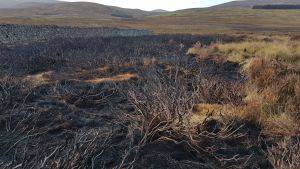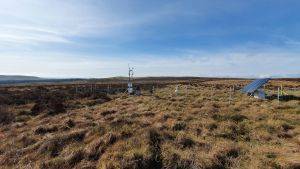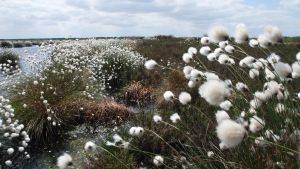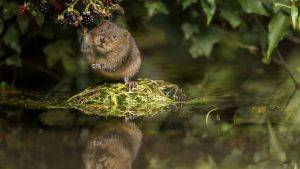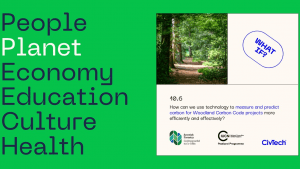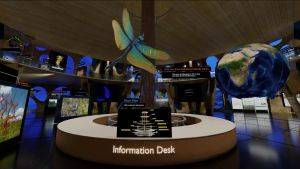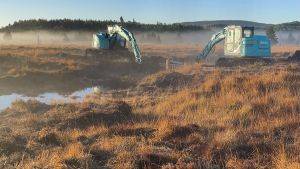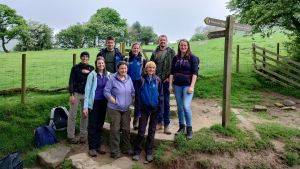IUCN UK Peatland Programme governance
The IUCN UK Peatland Programme is currently hosted by the Royal Society of Wildlife Trusts. We operate on a self-financing basis and are supported by our Executive Board and Steering Group. The Peatland Code is a voluntary standard owned and operated by the IUCN UK National Committee.
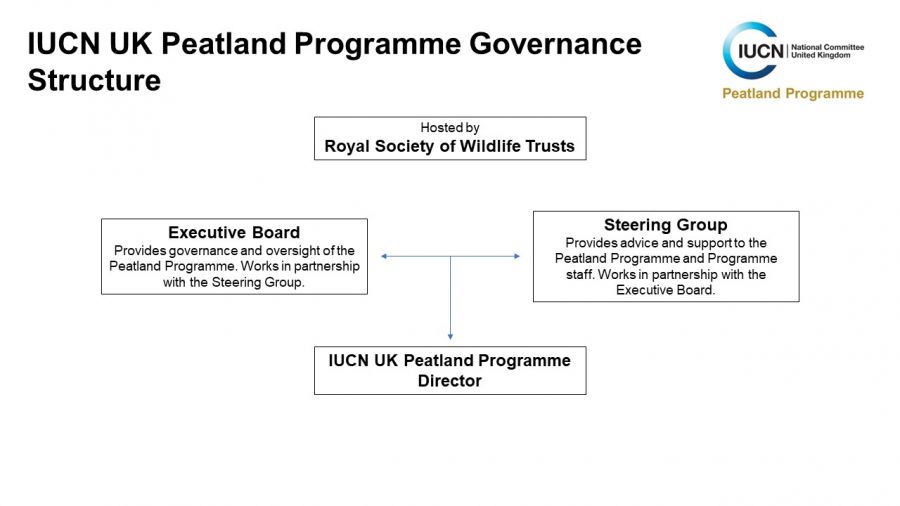
The Executive Board’s Chair is currently Stuart Brooks, Director of Conservation and Policy at the National Trust for Scotland. The Vice Chair is Rob Stoneman, Director of Landscape Recovery at The Wildlife Trusts. Updates to IUCN UK PP policies and procedures are presented to the steering group for comment and input and then go through the approval route via the Exective Board. Some policies and procedures may need extertnal input which is shared to revelant parties via email.
The Steering Group is also chaired by Stuart Brooks and Rob Stoneman, and is currently made up of representatives from the following organisations:
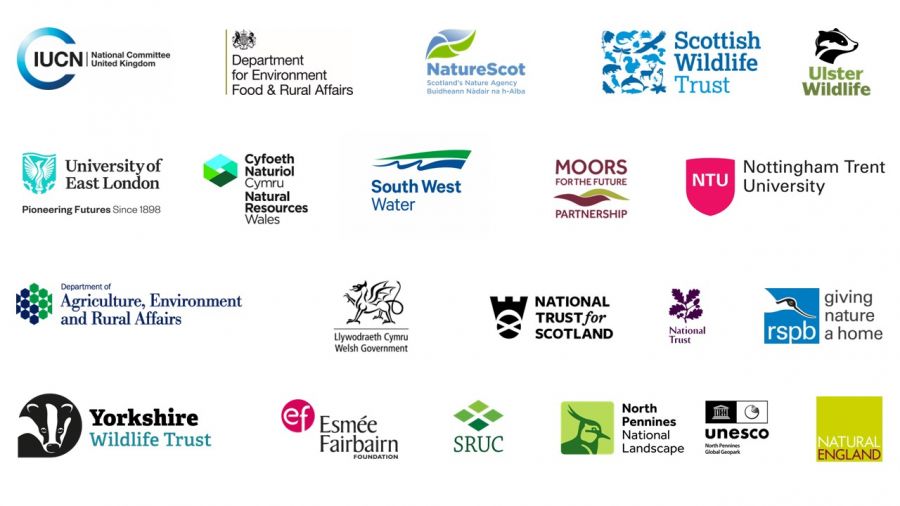

The Peatland Programme is also supported by Richard Lindsay, our Senior Research Advisor and Mark Reed, our Research Lead. Find out more about our team.
Peatland Code governance
The Peatland Code is part of the IUCN UK Peatland Programme’s work. It is issued by the IUCN UK National Committee and is managed on its behalf by an Executive Board (EB). The Executive Board is facilitated by IUCN UK Peatland Programme staff and supported by a Technical Advisory Board including additional stakeholder groups, when required. Both the Executive Board and Technical Advisory Board are covered by the IUCN UK PP Conflict of Interest policy, and are require to declare any conflict of interest before becoming a member. This is then reviewed annually as part of the IUCN UK Peatland Programme Conflict of Interest policy. Terms of reference have been put in place for both the Executive Board and Technical Advisory Board.
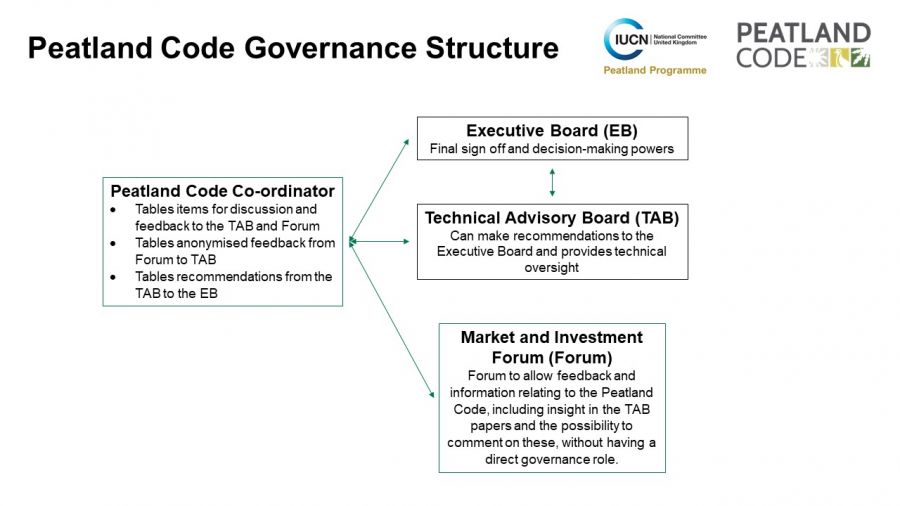
For information of where the IUCN UK Peatland Programme sits within RSWT see the organisational chart.
Disputes Panel
The Disputes Panel is responsible for considering and making decisions in respect of all Grievances.
The Disputes Panel consists of independent peatland experts who have been appointed due to their experience and expertise in the field of peatland restoration. The individuals comprising the Disputes Panel are not linked to the day-to-day administration of the Peatland Code. In order to be appointed to the Disputes Panel, each member must have completed a conflict of interest check and agreed to terms of reference determined by the IUCN UK Peatland Programme.
The Disputes Panel shall be supported by the Dispute Coordinator, who shall be responsible for collating all information and papers relevant to a Grievance and acting as liaison between the Claimant and the Disputes Panel.
For more information on how to raise a grievance or appeals see here.
Find out more about the governance of the Peatland Code.



